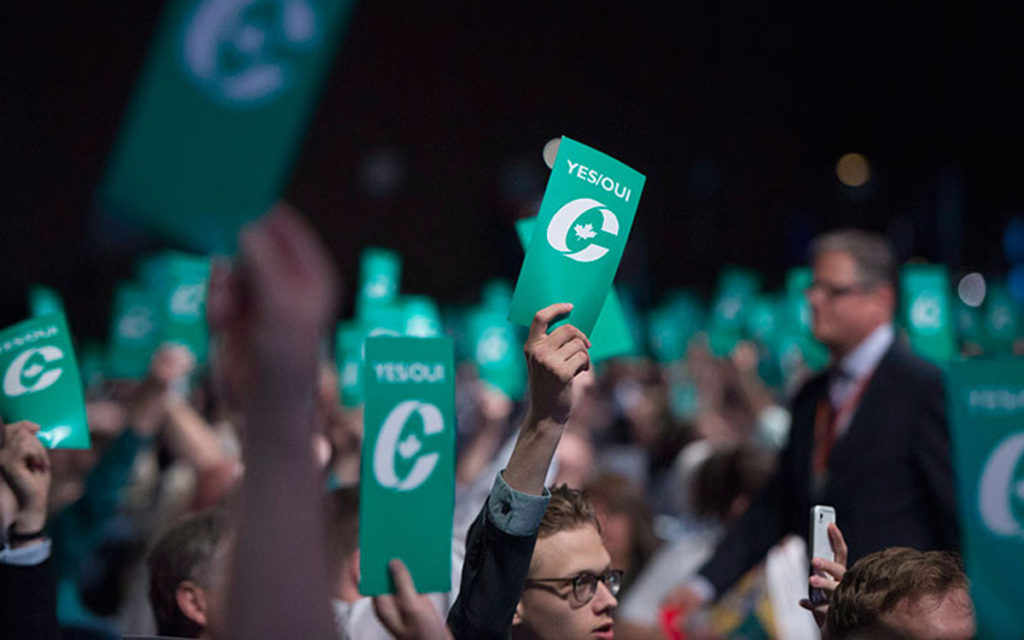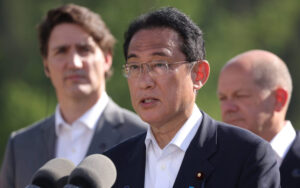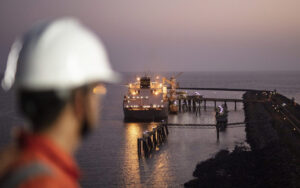
The pendulum of politics is always swinging, and it appears at present that Canada is in for a fairly comprehensive swing to the conservative end of the political spectrum after a long run of left-leaning governments in many parts of the country. The trend began a couple of years ago in Manitoba, where a long-standing NDP government was replaced by the Progressive Conservative (PC) government of Brian Pallister, continued with the recent election of a strong majority PC government in Ontario, and looks very likely to continue in upcoming elections in Quebec this autumn and Alberta in the spring of 2019. BC’s current flirtation with a minority NDP government is not likely to be long-lived as they hold onto power only because of an uneasy truce with the Greens. The four Atlantic provinces will probably remain around the mushy middle politically as they usually do, but as these provinces are all heavily dependent upon transfer payments from the rest of the country for their continued existence, their policy impact on Canada as a whole is not substantial.
This sets us up for a very interesting year in politics in 2019, especially in light of the federal election scheduled for October of next year. On some very key issues – the carbon tax, the flood of “irregular” immigrants into Canada that is costing average taxpayers a fortune and overextending our ability to handle the onslaught, the continuation of very large federal deficits despite the fact the economy is in a growth cycle, the disaster that is NAFTA and the growing trend of federal Liberals to stoop to name-calling if anyone dare disagree with them on anything – there is a stark choice being set up for Canadians in 2019. And it appears that the majority of Canadian provinces will be opposing the federal government stance on most if not all of these key issues.
This fractious situation will likely be good news for Canadian taxpayers, as the current crop of Liberals has, unlike some of their predecessors, not been particularly respectful with taxpayer dollars. Recent years have as a result seen Canadians saddled with increased costs of living in the form of carbon taxes, higher income taxes, skyrocketing hydro rates in Ontario and to a lesser extent other provinces and bigger and costlier government in general.
The wild card in this already unpredictable deck is the state of the general economy. The global economy has enjoyed about a decade of growth since the 2008 meltdown, and likely is not far away from the next downturn. Canada’s growth in recent years has been financed in significant part by debt incurred by both consumers and governments, which will come back to bite us hard as the economy slows and interest rates rise. The federal government in particular shows no signs of having much of a problem with the very large deficits and debt they are accumulating in relatively good times, which should worry all Canadians.
The next year or so in Canada will truly be interesting for political observers, but also a time of high risk for the country. The last federal election seemed to be decided on the basis of a cult of personality, a famous last name instead of substance and a bunch of lofty election promises that have pretty much all been broken. Recent public opinion polls have shown that Canadians are finally questioning if not outright rejecting Liberal party claims that carbon taxes are really good for us and the environment, there is no crisis at our border, all is well with NAFTA and other trade agreements and that things in general are humming along just fine in Canada. This skepticism is well-founded, and it will be interesting to see how it affects events in this coming year of heightened political activity. It certainly won’t be boring.

She has published numerous articles in journals, magazines & other media on issues such as free trade, finance, entrepreneurship & women business owners. Ms. Swift is a past President of the Empire Club of Canada, a former Director of the CD Howe Institute, the Canadian Youth Business Foundation, SOS Children’s Villages, past President of the International Small Business Congress and current Director of the Fraser Institute. She was cited in 2003 & 2012 as one of the most powerful women in Canada by the Women’s Executive Network & is a recipient of the Queen’s Silver & Gold Jubilee medals.




















